My DIY MFA
I am excited to share that my creative non-fiction essay, “Landscape Through The Body” was accepted for a paying and wonderful publication, The Fiddlehead. It comes out in the Spring! When I found out, I could barely contain my joy. I think I will feel the same when I see it in print in Spring.
I am also excited to share that a short short story of mine, “On the Border of Twilight” was published online in Fictive Dream. It’s been wonderful reading all the fantastic stories selected for the month of February, accompanied with wonderful original art. What a gift for all of us!
Thank you for reading and supporting!
The rest of this blog post is primarily for writers or those who wish to write for publication. You are more than welcome to read it, but it may be boring (unless you are interested in the last two years of my writing journey). So, continue at your own peril…
Most MFA programs take two to three years to complete. Without planning so, looking back on it, it has been two years for me to get here, to this space of writing again, two years of learning the craft (although the learning never really ends). I am writing this post for two Bread Loaf friends who are teacher-writers with whom I had a text exchange about my Do-It-Myself MFA. I thought maybe others will find it helpful too. I have not been paid as an affiliate to write about any of these programs.
$ = $100 or less; $$ = $101-$200; $$$ = $201-$900 $$$$ = more than $1000
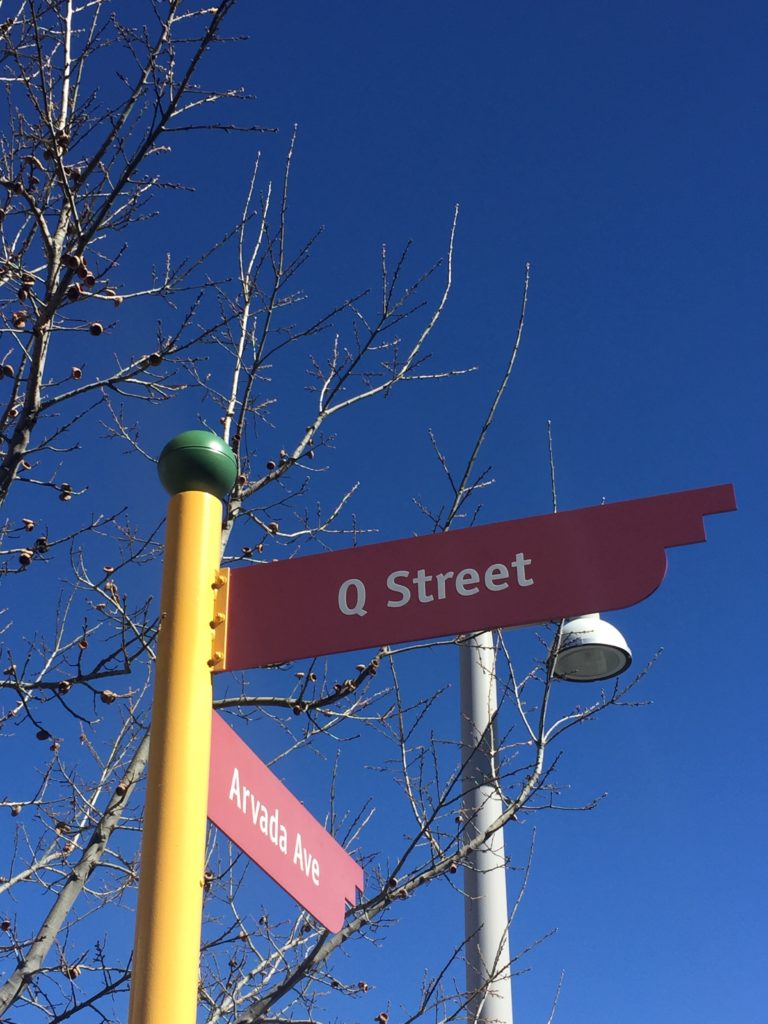
Fall 2016
Sarah Selecky’s Writing School (formerly known as Story is a State of Mind). My tutor was Seyward Goodhand and she is amazing. It is designed as a full semester of an MFA program. It was intense. It got me writing regularly. Although I was already a voracious reader, now I was reading differently. I was noticing differently. It wasn’t just about what I liked and enjoyed, but what worked and why. Some of us in our small cohort are still connected. Seyward has a collection of short stories coming out and Jeanie Keogh from the group has had work published and nominated in Canada.
Duration: 4 months
Best for: If you think you are a writer, but aren’t writing; if you feel stuck; if you feel this inexplicable resistance to writing although you used to write and love to write but can’t write. Essentially, it is exorcising imposter syndrome demons but know that a semester won’t fix that disease but you will learn plenty and get writing again.
Price: $$$$ I don’t know what the cost is now, but I do know it has been my costliest endeavor. That being said, it is a fraction of a semester of MFA and probably could be worth a lot more. All things considered, it is worth the cost if you are “stuck”. They do offer payment installments and will work with you.
***
Fall 2016
Short Story Course through Fish Publishing with Mary-Jane Holmes. Mary-Jane is not only a brilliant writer herself but she is also an astute editor. She is a writer’s talisman, a writer’s Maxwell Perkins or William Maxwell. I can’t imagine having proceeded without her. She helped me grow tremendously.
Duration: 10 Modules to be completed in 5 months
Best for: Learning the short story form and getting feedback on exercises related to the short form. The stories weren’t new for me but how I read them was new.
Price: $$$ I would pay whatever I could to have Mary-Janes Holmes as a teacher and editor. It’s priceless. Also, due to the exchange rate, it is more for me than if I lived in the U.K. It is very reasonable, a steal in fact, if you were paying in Euros and lived across the Pond.
***
January 2017
One Story’s Online Generative Writing Class with their editors, an extremely gifted, generous, and encouraging bunch. No American literary pretension, the kind that makes me break out in hives. One of the pieces I began in there ended up as a creative essay in the Bread Loaf School of English Journal in August 2017. The audience was primarily Bread Loaf faculty and students but a worthy audience.
Duration: 5 days
Best for: Generating new material down. The prompts are fresh and unique. There are hundreds of people from all over the world who participate in the online forum and that can be overwhelming and you have to learn how to navigate the noise. No way to give or receive feedback although there are many who are willing to form sub-groups to offer feedback and engage if one is so inclined.
Price: $
***
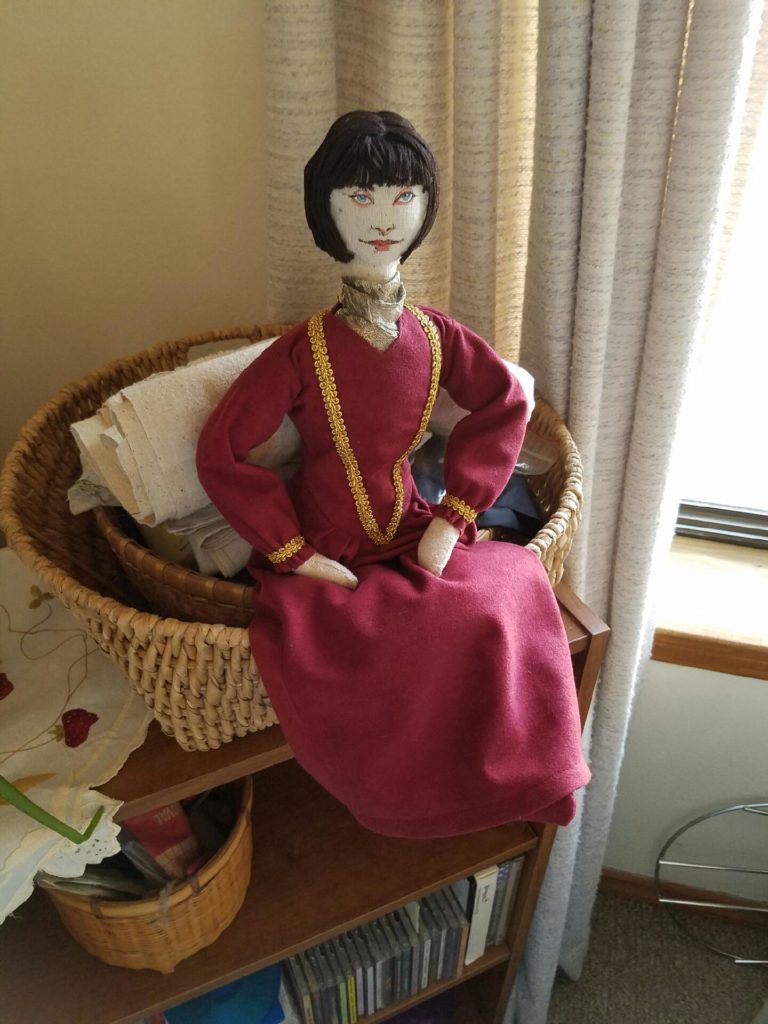
March of 2017
Mentoring from Helen Sedgwick through WoMentoringUK.com
Helen is an exceptionally imaginative and talented writer and we both share a love for science and ambiguity. I had specifically requested to work with her because I was familiar with her work and came this close to seeing her at the Edinburgh Book Festival in August of 2016 when I was in U.K. I felt she would be someone who would understand my WIP MS (Work-in-Progress Manuscript) and guide me. Boy did she guide me! She is also a sharp editor (I now realize that a lot of good writers are very good editors even though they need another set of eyes for their own work no matter how good they are).
Duration: It depends on what the mentor is offering/what you need: feedback on a short story; edits for a longer story; feedback on the first few chapters of a novel; query letter. It depends. Helen and I truly began the back and forth in the summer of 2017 and our communications continued till end of 2017, beginning of 2018. Over the course of my mentorship, I applied for a residency and overnight it became popular and competitive (why this happens to me, I don’t know? Before I “discover” things, no one knows about them; and then after I discover something, everyone is applying). I needed two letters of recommendation; Helen wrote one. I didn’t get the residency but that letter changed how I saw my own writing and that has been better than any residency or award. To have a published author whose work I enjoy, view my writing and me as she described was a huge confidence booster.
Best for: WoMentoring scheme is brilliant—you will find many different options for wherever you are in your journey and if you identify as a woman.
Price: FREE!
***
April 2017
Two Day Online Workshop with Robert Vaughn offered through www.WordTango.com. He has such a flair for “bending” genres and I enjoyed the writing exercises that twist and turn your ideas to experiment with joy. I believe now he and other writers offer many different online workshops and retreats (I haven’t taken anything else via them). More info: https://bendinggenres.com
Duration: 2 days
Best for: Generating new material.
Price: $$
***
April 2017
Short Story Master Class with Short Fiction UK’s Tom Vowler, a gifted writer In 4 weeks you will know where you stand with that draft of your story. There are reading materials and feedback on one or two stories. (I believe now he offers the course through Unthank School and the price is $$$ but it is 8 weeks long). Although our cohort was small, no deep connecting took place per se. I did stay in touch with two other talented writers and they both went on to publish their very good stories. This is not to say I wouldn’t be happy if I received an email update from either of them but there’s no regular connection.
Duration: Two weeks
Best for: Getting feedback specifically from Tom Vowler. Good for you if you are interested in approaching the short story form with more rigor.
Price: $$
***
September 2017
First ever Fast Flash Workshop with Kathy Fish. I had to wait a year to be able to get a spot and once in, I finally understood why. We were breaking rules, following dreams, creating our own word banks, holding our breath to create that one breathless paragraph that holds an entire story. Moreover, she is an extremely attentive teacher. It’s easy to assume that what’s produced in there is the entire story ready to submit because the energy of the stories being generated is palpable. But one still has to spend time revising and revising and revising.
Duration: 10 days.
Best for: generating new material that is literally new to your consciousness in every sense of the word.
Price: $$ It’s fantastic for what you get for the money. (But the price keeps going up!)
***
September 2017
AWP’s Writer to Writer Program for Creative Non-Fiction with writer Gail Hosking. You just get paired with someone based on what you are working on and who has signed up that session to mentor.
Duration: September to December.
Best for: getting feedback on a specific project. I wanted to work with an essayist. We are still in touch and she really helped me understand the “big picture” of the form by giving me feedback and recommending certain books that we went over together via phone conversations. I am very grateful for her feedback and support.
Price: Free.
***
December 2017
One Story’s Become Your Own Best Editor: Learning from Jonathan Durbin’s “Claire, the Whole World” with Will Allison. It is an illuminating class and as a reader and writer you get to see step-by-step the entire editorial process from accepting a submission till it goes to print. This round is when I connected with a soul friend, Christina, an artist from Chicago who was taking a break from visual art to write stories. It’s been a magical friendship and we have so much in common that it is dizzying although we are quite different in our approaches sometimes.
Duration: 5 days (I think).
Best for: learning the craft from a different perspective and tools for editing, submitting and publishing.
Price: $ (Yeah, I can’t believe it either!).
***
January 2018
Fast Flash Workshop with Kathy Fish
See above. And yes, worth it for generating new material although no new prompts.
***
February 2018
Test Patterns: Poetry and Science with Tania Hershman through Poetry School U.K.
Duration: 10 Weeks
Best for: generating new material from unexpected sources (Science!). If you love science, then you must jump on the opportunity to work with Tania if she ever offers something like that again. She gives great feedback and her approach is very innovative. I love how she views the world and if you also listen to a different drum beat and have a special dance for it, I highly recommend learning with and from her.
Cost: $$
Summer 2018
A class with One Story’sfounding editor! Write a Short Story with Hannah Tinti.
Duration: 6 days.
Best for: I highly recommend this. It demystifies the form without boxing your voice or style to conform to traditionally accepted stories and yet one has to understand the x-ray of any story. I came out with a new story and although I am not done revising it, it is a cracker if I must so say myself.
Cost: $
***
Summer 2018
Flash Fiction Writing Retreat with Kathy Fish and Nancy Stohlman. The locations continue to change: Costa Rica, Italy, etc. The one I attended was in Breckenridge, Colorado. My time was cut short because I had accepted a new teaching position and there was a conflict so I had to leave early. Also, I was exhausted because it had been a very trying summer for me, including physical health issues. I did lock myself in my room one night and wrote a lot for my WIP (most of which I trashed eventually because it made NO sense although then I was proud of how many words I got down).
Duration: 5 days.
Best for: If you wish to “get away” to write (specifically the short form now known as ‘flash fiction’), connect with others (lots of people know of one another from Twitter), get generous feedback from Kathy and Nancy and relax in a serene environment.
Cost: $$$$ (it varies depending on the location and they really do try to keep costs affordable but location and flights are the variables).
***

November 2018
UL Winter School held in Doolin, Ireland. I have written about this already and there is still more to write. I don’t think I will ever end writing about it. In fact, some days I think there could be a book about it. It’s the best thing I have ever experienced for my writing life and hereon Doolin is my Mecca, my Vatican, a place I must return to as often as possible.
Duration: 5 days (this year’s is planned for December and I have already submitted my application again! *fingers crossed*)
Best for: emerging, committed writers and mid-career writers wanting to experience alchemy. It also connects you to “a community of writing practice.” Pay attention to those words: “community” (a term that has been hijacked by the social media culture; so much so that I have even said in an interview that I don’t believe in community! The horror of not knowing any better!) and “writing practice”. PRACTICE. It’s more than promoting one another on social media. It’s a deep bond for encouraging stories. It’s about living a creative life. It’s the antidote to all those “how-to” gimmicks that one pays for and they never work.
Cost: $$-$$$ It includes gorgeous room or cottage in Hotel Doolin, delicious meals and supremely learned and generous facilitators. The cost is very reasonable compared to what one would expect to pay for tuition for 3 days in U.S.A. to “network” without stay or food and learn the craft if she is lucky and actually write if a person is luckiest.
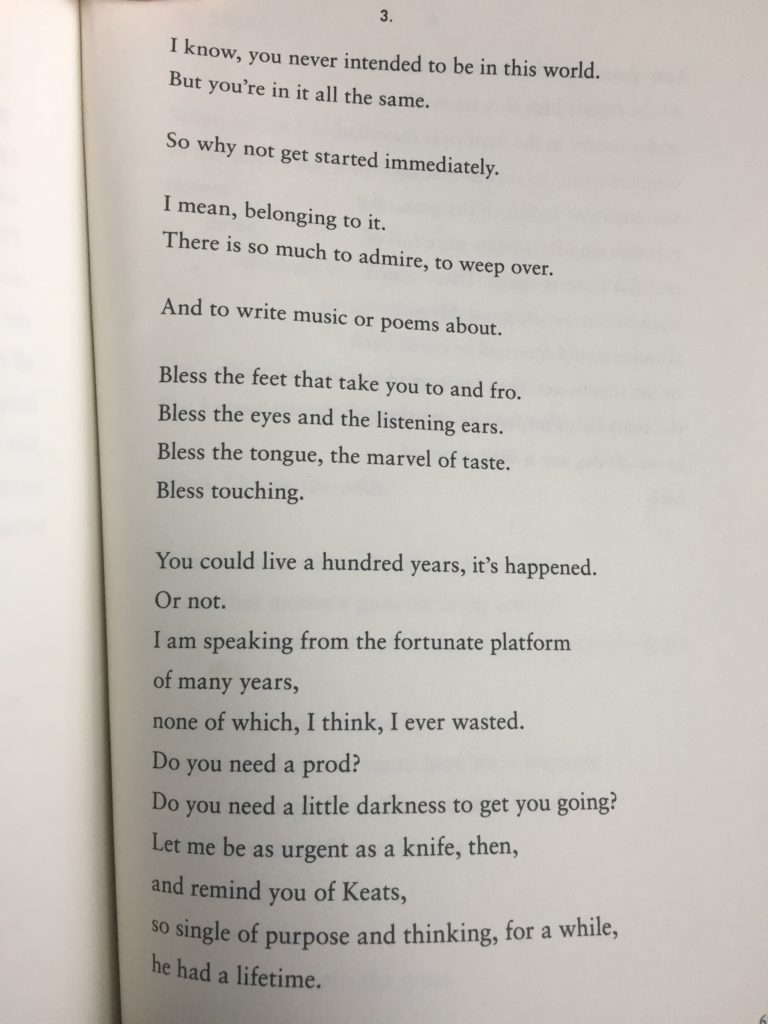
Reflection
All in all, I have worked very hard in the last two years (that’s how long many low-residency MFA programs are) and at a fraction of the cost. But the real work of a writing practice begins now and thanks to a real community via the UL Winter School, it’s not hard although it always feels like hard work. The imposter syndrome is gone. Vanished.
I read a post by Toby Litt recently (more than a post–it’s really a master lecture on craft). It is quite long and very important but I will only share this bit from it:
Bad writers think: ‘I want to write this.’
Good writers think…
What do you think good writers think? – I think good writers think: ‘This is being written.’
“Sensibility” by Toby Litt (February 2019).
And I bring that quote up because in the end you need to write. You will lose your voice and find it again and lose it again, maybe. You need people who can hear your voice even when you can’t. And that’s what UL Winter School in Doolin did for us: “This is being written.”
Looking back on the last two decades, if I knew of UL’s MA in Creative Writing, I would have gone there or anywhere else in the U.K. or Ireland to study creative writing. The focus in the U.S.—in my humble opinion, we have lost the focus here if there was ever a clear focus—is more on publishing than the craft. I think most people join MFA programs to find a creative community, network (and it really is true, there are so many connections that are simply not available to you as an outsider who is not part of that culture), and learn to write better and publish. I think people do end up publishing, slowly and surely, do stay in touch with a few, and do get “time to write” while in such prestigious and expensive programs. But…
But for someone like me who is part of the Bread Loaf School of English program for literature (graduation this summer!) and has read every summer as if the world was ending, it didn’t quite make sense. That’s on top of already reading throughout the year. I couldn’t really justify it. Some young folks do go on to pursue an MFA after Bread Loaf M.A. but….
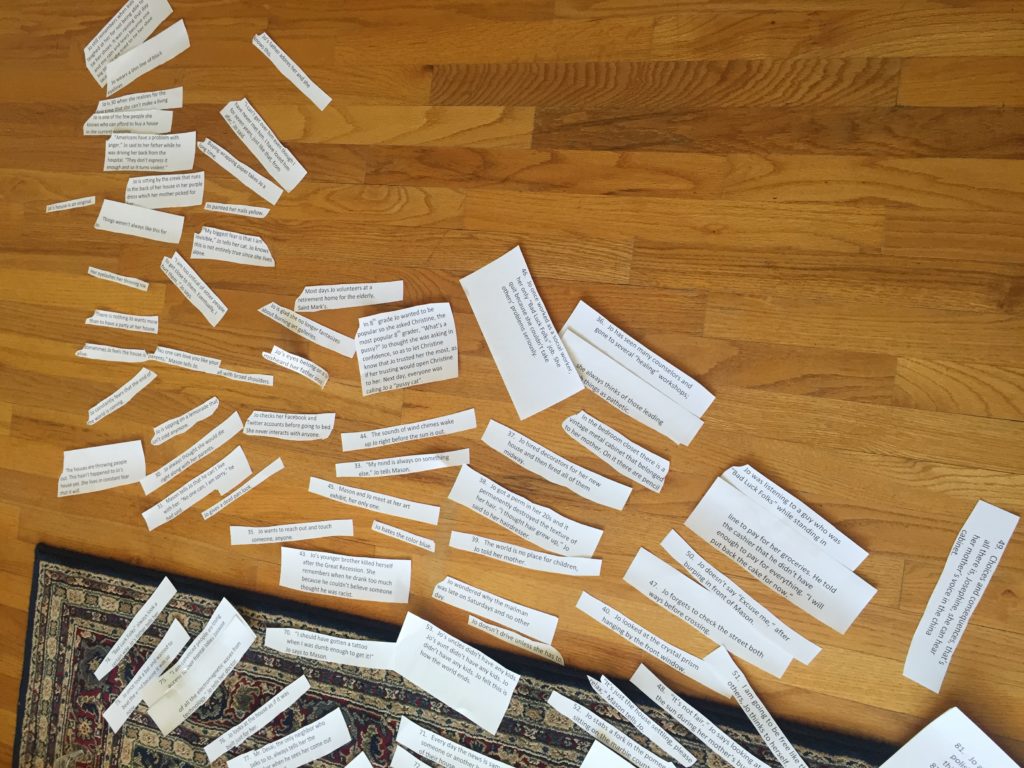
…Every single (online) program in which I participated, I did it based on my familiarity with the writers’ works. I wanted to learn from THAT specific person or people. Some people go to—I will speak for myself—I would love to take a class by say, Joy Williams. And let’s say she teaches at ABC MFA program in Cool City, U.S.A. But what about the other classes that are required for the duration of the MFA? What about the other students? I can’t force myself to read others’ works who are teaching just because they are in a position to teach (usually because they just have an MFA and might have published a novel or a few stories). I have to respect the teacher from whom I wish to learn. And for someone like me who has very ecclectic tastes, doesn’t like being coddled, it would be torture. And I just don’t function well around most American writers; I have learned this the hard way. Yes, there are exceptions and I embrace those exceptions with open arms, but for the most part–I just can’t relate.
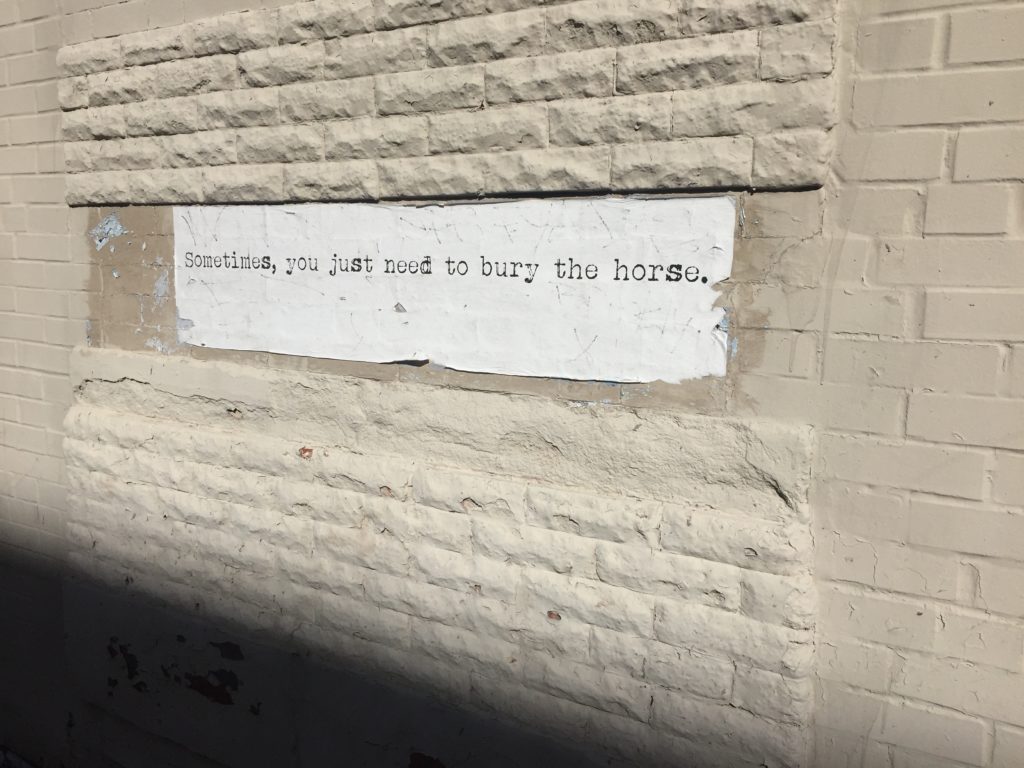
Editing: If you are at the stage where you need professional eyes to dissect your work, I highly recommend Tania Hershman, Mary-Jane Holmes, Thomas Morris, and Helen Sedgwick. Price: $$ (usually depends on word count).
But before you do, read and understand these two essays in The Stinging Fly “How To Edit Your Own Lousy Writing” by Julian Gough and “Problem Pages” by Mia Gallagher.
Most importantly: read, read, read, read, read, read, read. Not because you want to improve as a writer but because you love to read and feel incomplete without making time to read. I still read a lot (I don’t think I could ever create one grand blog post or daily or monthly blog post about all that I read) and I am not interested in reviewing books. My relationship to reading is mine and for me and it helps me navigate this time-space continuum we call life.
Cautions: There are lots of courses, editors and programs out there. If you don’t feel inspired to read the work of the one tutoring you* (stay clear if this person doesn’t even have a book or hasn’t published any short fiction anywhere!), then you are likely not going to be a good match.
*The exception to the above rule is Sarah Moore Fitzgerald. If you have not read her books (you are missing out and that’s on you!) you can still learn so much from her. She is a creative sorcerer!
Also note, there are many incredibly gifted writers who are simply not good editors or teachers. Don’t make your decisions by prizes, awards or publications, or Twitter noise. Teaching, be it in kindergarten or high school or of creative writing, is a very rare calling and few can do it so you are empowered to continue on your own.
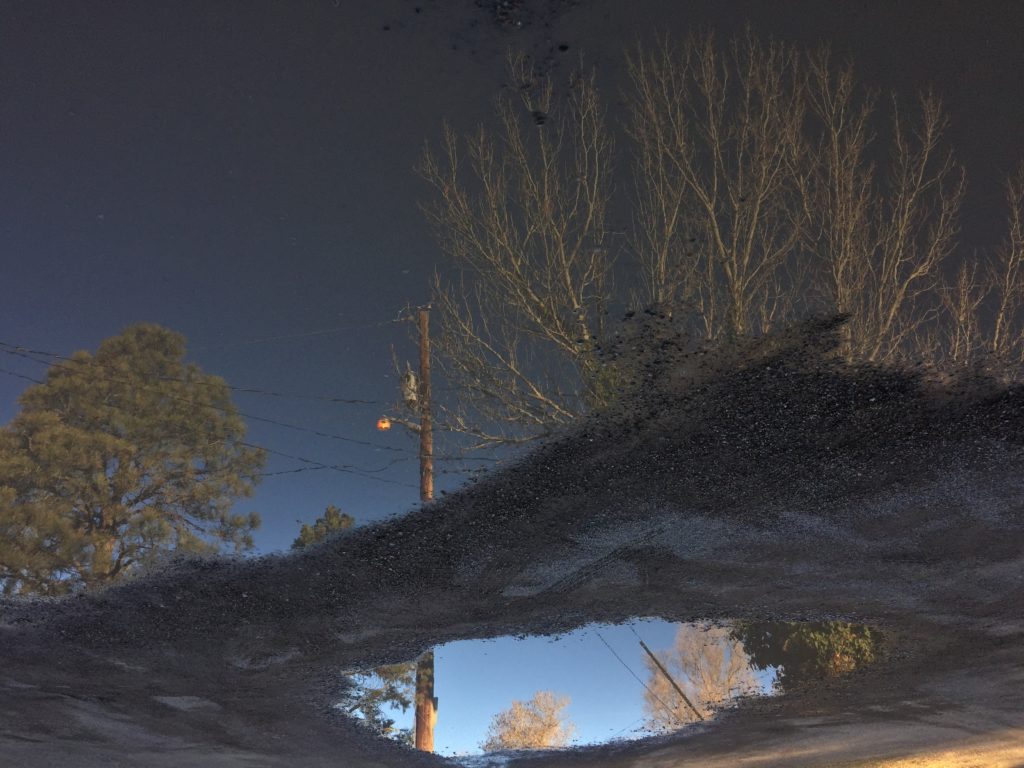
So many are out there taking advantage of the fact that you are stuck or you wish to be heard or have someone validate your story (be it a personal one or a fictional one) or someone to call a friend who gets you are trying to do this odd thing called writing. It makes me very sad and mad the way everything has become so corporatized and there are many who take advantage.
In the end: I will leave you with this quote by Lydia Davis.
“I would be wary of both the writing workshop and the mentor. Each is useful in small doses, but each can have too great an influence—dangerous. I would suggest working mainly on one’s own, with, as I said, occasional doses of mentorship and/or writing group situations. A friend with the same sensibility who gives useful feedback is also good—or several for different kinds of work.”
The Rumpus: Interview with Lydia Davis (August 26th, 2010).
If you are ready to submit, check out Anne’s post, “6 Things I’ve Learned About Submitting to Journals” here.
It takes a lot of work to get there.

*was never a fan of his fiction, even before the controversy etc. but this interview was good.
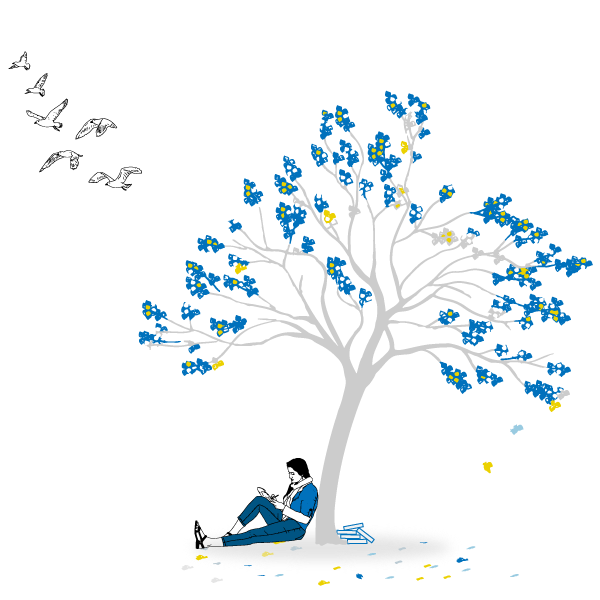
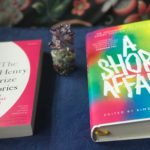


I’m amazed at how much you’ve packed into the past couple of years, Annie, it certainly adds up. I definitely find that the more workshops etc I do, the more selective I become, and I’d agree the UL Winter School has been the best of all.
Thanks also for the shout out!
Great concluding quote to cap it off! Annie, this post looks invaluable. How generous to get it down in print for others. I so enjoyed reading it, even though I’m not looking for a course, because it was YOU writing, your voice, your nonfiction voice, which I know will always compete for ink and space and time with your burgeoning fiction. Which is a wonderful problem to have! I also see the teacher in you here, pointing out exactly what we need to know about each program and how you personally related to its offerings. All I can say is, it gives me joy to know you have found so much, especially in UK and Ireland communities. Yes, community is still a veryt good word and really means something when it is found!
Thanks, Annie, for the precious time you give to creating this blog. Mary Oliver: “Do you need a little darkness to get you going?” How brilliant is that! Congratulations on your recent successes. They and your persistence are inspiring. I have been to some really bad “courses” and maybe three useful workshops. There is a large flock of vultures preying on wannabe writers. (BTW, flocking vultures are a “committee.”) Finding a good, well-read editor is the one major thing that has improved my writing lately, after years of workshops and courses. I am encouraged by your output — the length of time it takes for you to complete a story. I loathe reading about the famous writer so-and-so who completed his/her novel in three weeks, soon to be a major Netflix series. Reading crap like that is a form of shaming for me. That’s not how I work, nor do most writers, I expect.